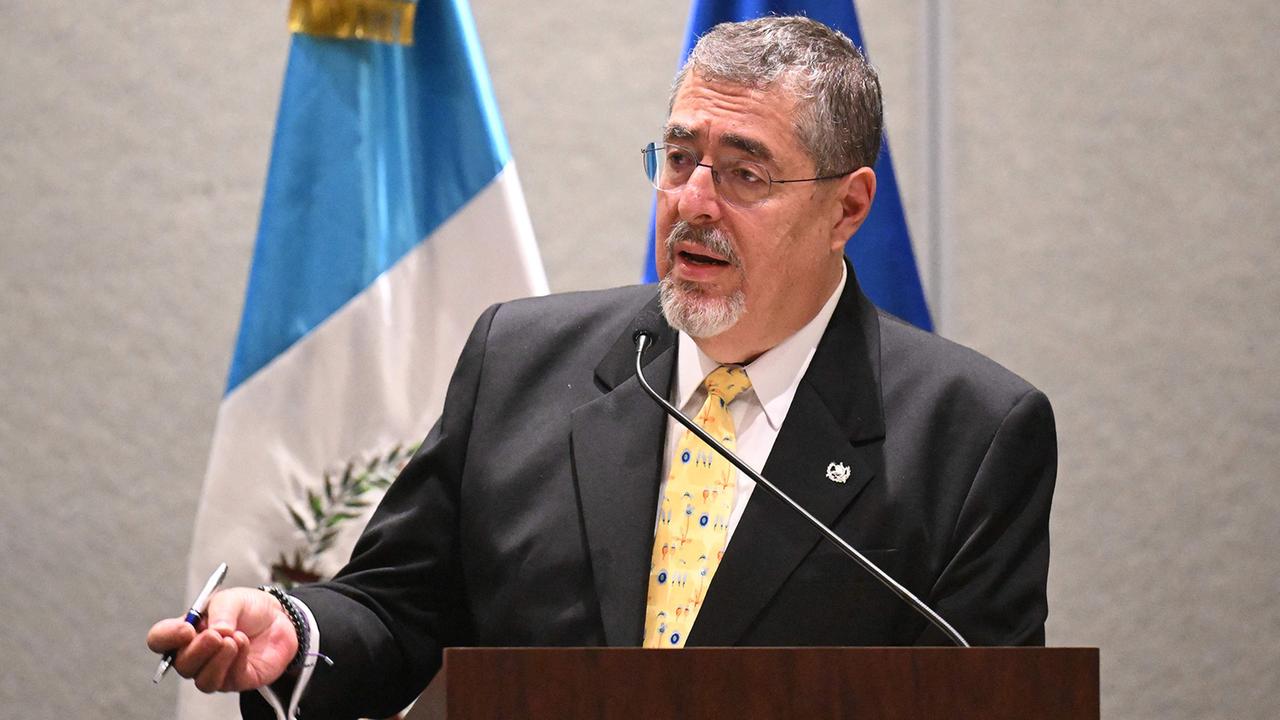In August, the social democrat Arévalo won the election in Guatemala and today he will be sworn in as president. The traditional power elite tried to prevent the transfer of power to the Social Democrats.
For weeks, Bernardo Arévalo's supporters in Guatemala have been worried about whether the president they elected would actually be able to take office. Since the elections in August last year, tens of thousands of people have repeatedly demonstrated, blocked roads and danced to defy corruption in the country. The goal: to ensure that the Social Democrat, who relatively surprisingly won the presidential election, can actually become head of state.
The indigenous community also has hope in Arévalo. A regional representative of the K'iché communities says: “We will always be against corruption, but also against exclusion. That's why we want as many as possible to take part in defending our democracy.”
Public prosecutor involved
Above all, the Guatemalan public prosecutor's office tried to prevent him from taking office until the very end. Boxes of election documents were confiscated on allegations of voter fraud. Arévalo's center-left party, Movimento Semilla, was temporarily suspended. An arrest warrant is said to have recently been planned against Vice President-elect Karin Herrera.
Behind this is a system of conservative elites in the state, judiciary and media who fear losing their privileges with the change of power. Outgoing President Alejandro Giammattei is also included in this circle. As the “Pact of the Corrupt,” the network in Guatemala is as famous as it is notorious. Arévalo has promised to clean up corruption in the country as president:
Guatemala has changed, and our government is responding to that. We have one mission: to work tirelessly to improve the lives of people in our country. We want to build a country that offers future generations a future.
Father was already president of the country
Arévalo is the son of Guatemala's first democratically elected president, Juan José Arévalo. As a former diplomat, the 65-year-old is considered a sophisticated politician who can negotiate well.
He will also need strategic skills, says Guatemalan political scientist Luis Mack. Because the harassment won't stop: “Maybe they'll give him a reprieve. But the danger will still exist. They'll use legal means, perhaps impeachment proceedings. This threat will continue to exist,” said Mack. “It's like a sword of Damocles that they will use again and again to intimidate the government.”
In order to be able to govern, Arévalo also has to work with the established power structures. Some of his cabinet members come from previous governments and are therefore automatically considered by many to be part of the corrupt establishment. It's a new beginning with restrictions in Guatemala.
Christina Fee Moebus, ARD Mexico City, tagesschau, January 14, 2024 11:27 a.m




